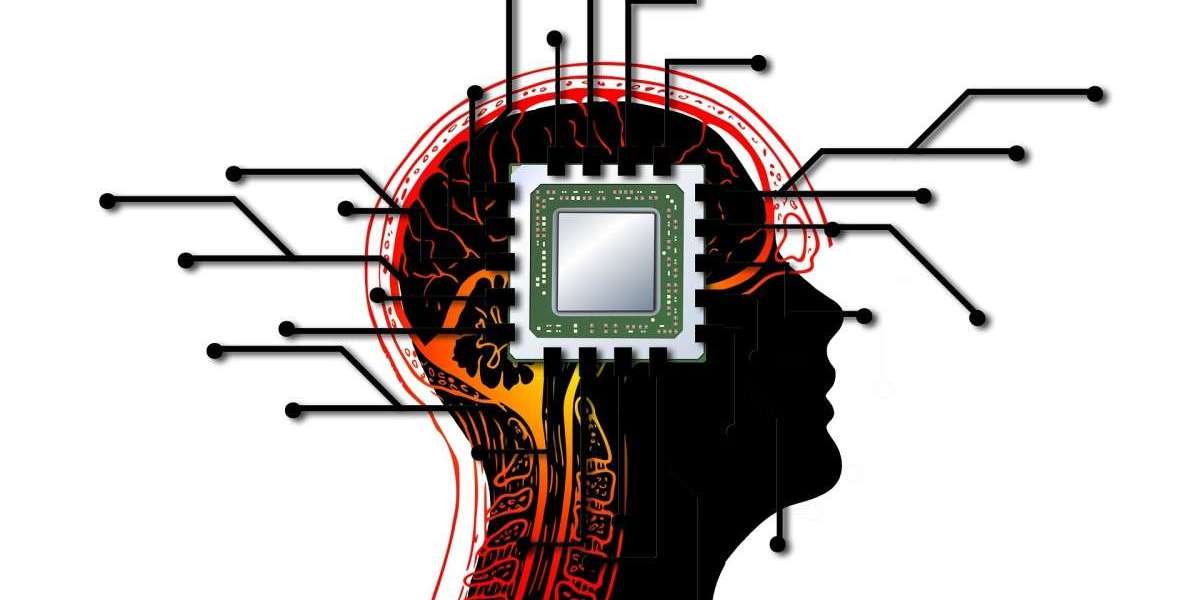Wetware refers to computers built from living biological materials, like neurons or even DNA. This technology promises to revolutionize computing by harnessing the processing power and adaptability of the human brain. But is there a wetware computer market on the horizon, or is this still science fiction?
The Allure of Wetware
Traditional silicon computers are incredibly fast and efficient at specific tasks. However, they struggle with tasks that come naturally to humans, like pattern recognition and learning. This is because brains operate on a fundamentally different principle. Neurons, the basic building blocks of the brain, are interconnected in a complex web that allows for parallel processing and dynamic information transfer.
Wetware computers aim to mimic this structure by utilizing biological components. Early prototypes have shown promise. Professor Bill Ditto of the Georgia Institute of Technology demonstrated a wetware computer built from leech neurons capable of performing basic arithmetic.
The potential benefits of wetware are vast. These computers could be incredibly small and energy-efficient, potentially integrating directly with biological systems for medical applications. They could also surpass the limitations of traditional AI by exhibiting true learning and adaptation.
Challenges and Ethical Concerns
Despite the exciting possibilities, wetware computing faces significant hurdles. Growing and maintaining biological components within a computer system presents immense technical challenges. Additionally, the ethical implications of using living tissue in machines need careful consideration.
The Road Ahead
While a commercially viable wetware computer market is likely years, if not decades, away, significant research is underway. Companies like Cortical Labs and FinalSpark are exploring ways to integrate lab-grown human brain cells with digital systems.
The development of wetware technology will necessitate close collaboration between neuroscientists, engineers, and ethicists. Open discussions are crucial to ensure responsible development and address potential risks.
Download Sample Copy: https://shorturl.at/agmS1
The Future of Computing
Wetware computing has the potential to fundamentally change the way we interact with machines. It could lead to a new generation of intelligent devices capable of learning, adapting, and even surpassing human capabilities in specific areas. While the challenges are significant, the potential rewards are immense.
The wetware computer market may not exist today, but the seeds of a revolutionary technology are being sown. As research progresses, we may witness the birth of a new era in computing, one inspired by the most powerful computer ever created: the human brain.









